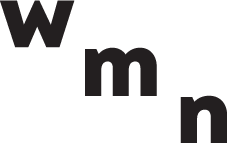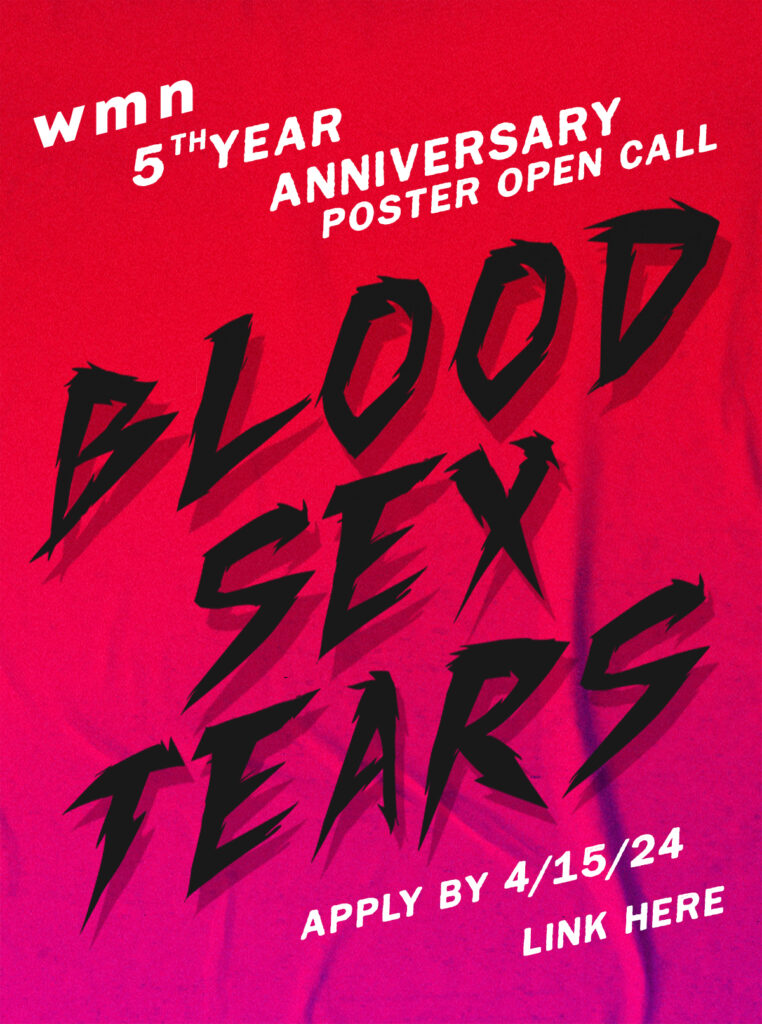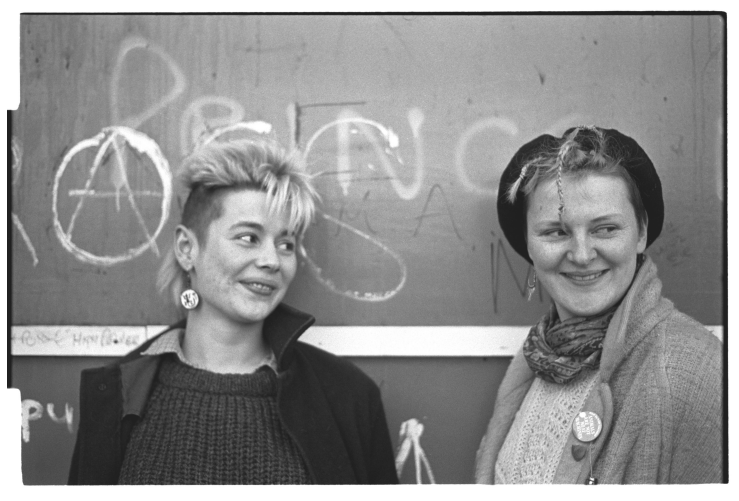Nassau, the Bahamas
In this inaugural WMN Studio visit, meet literary artist and experimental filmmaker kevanté ac cash (they/she), their poems “that night” and “views from ella’s old room” were featured in issue 4 When We Leave. Each studio visit highlights one of WMN contributors in the space where they make their art and poetry, as a way to get to know all of the amazing talent that contribute to the zines.

Tell us a bit about where you are based (which city and neighborhood), and where you work (in a separate studio, in your bedroom, in the kitchen, everywhere?).
I’m based in Nassau, New Providence, which is the capital of The Bahamas. In being based here, I acknowledge my privilege in having access to more resources that allows my practice to fully exist, in comparison to other artists based on our Family Islands who may not have similar access. As a literary artist and experimental filmmaker, I work primarily from my living room space (literally sitting on the floor, drafting texts in my sketch pad, then typing them up on my laptop); a local coffee shop; or in my friend’s press shop library space.
Tell us a bit about your background and how and when you started your creative practice?
I think I was about 7 or 8 when I first started writing. I didn’t know how to express my feelings verbally at the time, so I used letters to communicate to my parents and friends what was going on internally. I’d write love letters and apology letters and design little elements like colorful hearts, and glittery flowers, to make them more personable and visually appealing. Then, in third grade, I joined a creative writing after-school club that pushed me to write more prolifically, and tap into my imagination to produce stories that at the time, I considered were pretty cool and imaginative. I think I’d credit my third grade teacher Ms. Johnson for making me believe writing creatively could be something I can pursue long-term.
Fast forward to a year after undergraduate studies in 2018, and I found myself needing to express my internal world in a way my BA in journalism could not afford me; so I began writing prose poetry, because I couldn’t quite understand how poetic form worked just yet. I joined a writers’ circle called Big Poets! at home, that included, and still include, some of the most amazing Bahamian women writers I’ve ever known, and have the privilege of reading. It was through their encouragement that I felt I could take creative writing seriously, and even pursue it at a graduate level, to continue my development. A year after obtaining my MA, and a few publications later, here we are lol.
When and how do you make your work?
I think I make work when I get random spurts of inspiration via reading, or watching a show or film, or after a good conversation with a friend or family member, or an upsetting conversation with a friend or family member, or while people-watching at the beach. I get inspired to make work prolifically, then I have moments of down time where I go weeks without making work, and I’m just in the editing phase – like where I’m at, at the moment.

Share a bit about a current project you are working on or something you just finished?
Currently I’m working on producing a photographic and poetic exhibition that discusses the impact of colorism on the mental health of queer Afro-Bahamian people, as well as my first pamphlet exploring themes of queer self-love.
Does being a Lesbian/Dyke inform your work? If so, how?
Most definitely. I’ve been openly queer for five years now, but have just adopted the label of lesbian in the last year. (So I’m a baby lez lol). But I think because a lot of my work is introspective, the work I’m making now especially has been informed by my lesbian identity. Recognizing and claiming this identity has helped me to pick apart and interrogate the many false versions of myself, and write about them with radical honesty and self-forgiveness. I truly do love who I’ve become, and am continuing to shape into.
Based on your experience as a lesbian/dyke artist and writer, what advice do you have for other lesbian/dyke artists?
As a baby lesbian artist, I’d say to other baby lesbian artists, to not be afraid to fully embrace who you are, and share that within your work in ways that are obvious or coded – whichever feels right for you. I find there is a healing element in showing up to your practice as all of who you are, celebrating the beautiful parts, and holding tender space for the parts not so beautiful. Just be you.

kevanté ac cash is a Nassau-Bahamian literary artist who sometimes experiments with scratch film. Their practice explores the emotional landscapes of living with mental illness and a queer Afro-Caribbean identity. This manifests as poetry and poetic films, creative nonfiction, and personal essays. They make work to keep a record of their existence.
With a BA in Media Journalism and MA in Creative Writing, kevanté has been published across the Caribbean, US and UK. you can follow them at @alexia_chatelle and https://linktr.ee/alexia_chatelle


